At the former coal power site in Boxberg, Saxony, energy company LEAG is preparing to build one of Germany’s largest battery storage facilities. The project, called GigaBattery Boxberg 400, will cover roughly six hectares, an area where cooling towers once stood before their demolition last year. The storage system is designed to deliver 400 megawatts of power and hold up to 1,600 megawatt-hours of electricity, enough to supply around 640,000 households for a few hours.
1 min read
LEAG builds GigaBattery storage facility in Saxony
By Linh Pham on Dec 5, 2025 2:09:17 PM
Topics: energy climate-smart
2 min read
AI project from Leipzig making roads safer
By Elisabed Lejava on Dec 2, 2025 11:53:38 AM
The role of AI is increasing in every sector. One of them is road maintenance. At HTWK Leipzig and FTZ Leipzig, geotechnical specialists and electrical engineers are developing an AI-driven sensor system designed to monitor real traffic loads and support the prediction of road renovation needs.
Topics: smart city
1 min read
Green heat from the lake
By Linh Pham on Sep 3, 2025 12:02:10 PM
Where excavators once mined coal, Lake Hainer near Leipzig now stretches across the landscape. But the lake is not only known for relaxation and idyllic nature, it also represents an important step forward in the energy transition: since 2024, an aquathermal plant has been supplying the harbor village of Hain with climate-neutral heating and cooling.
Topics: energy pilot project
2 min read
Leipzig chosen as AIAMO Pilot City for Smart Mobility transformation
By Linh Pham on Jun 17, 2025 12:05:06 PM
The Federal Ministry for Digital and Transport (BMDV) has officially selected the cities of Leipzig and Landau in der Pfalz as the first pilot regions for the national research project AIAMO – Artificial Intelligence And MObility. The project aims to develop and test innovative, AI-based mobility solutions to create more efficient and environmentally friendly urban transport systems.
Topics: smart city
4 min read
How LipoAlly is revolutionizing lipedema care
By Susanne Rost on Dec 10, 2024 4:09:10 PM
The joined development of the LipoAlly app between Pronova BKK and LipoCheck marks a significant milestone in personalized healthcare. This collaboration, funded under the European Union’s EDIH initiative, set out to improve the quality of life for lipedema patients through an user-centric digital solution.
Topics: startups ehealth
1 min read
Construction begins on the world's largest wind turbine
By Linh Pham on Sep 20, 2024 1:23:58 PM
On 19 September 2024, the foundation was laid for the world's largest wind turbine in Schipkau near Brandenburg. This lighthouse project was initiated by the Leipzig -based agency "Agentur für Sprung-Innovationen" (SPRIND). This turbine is set to reach a height of 400 meters, surpassing the current tallest wind turbine at 240 meters. The idea originated from Horst Bendix, a visionary engineer who passed away in Leipzig last summer at the age of 93. Despite his passing, his groundbreaking idea is now being brought to life.
Topics: energy
3 min read
Advancing construction and intralogistics through innovative collaborations
By Susanne Rost on Jul 4, 2024 4:47:42 PM
In the fields of construction and intralogistics, where precision and efficiency are essential, the integration of new technology has the potential to transform operations. This article explores a recent collaborative initiative involving AWM Budownictwo S.A., K2 Storage Systems, and the SpinLab startup Hustro, specializing in construction management software. Supported by EDIH Saxony, this project exemplifies a strategic partnership aimed at transforming quality management practices within these industries.
Topics: startups smart city project venture clienting
3 min read
Redefining Infrastructure: Radio Wave Technology in Road Repairs
By Susanne Rost on Apr 22, 2024 2:49:02 PM
Aging roads, more extreme weather, and increasing traffic amplify the need for quick, cost-effective, and sustainable road repairs. Hot asphalt is ideal, but winter damage often leads to costly repairs with cold asphalt, harmful to the environment. Leipzig startup RWInnoTec offers a solution: a portable system providing hot asphalt directly on-site, anytime.
Topics: Pilot Projects smart city Case Study
3 min read
Leipziger Stadtwerke: First German municipality to use AI for renewable energy planning.
By Susanne Rost on Feb 9, 2024 1:47:33 PM
In today's rapidly changing and digitized energy market, securing crucial innovations is essential for energy providers to gain a competitive advantage. Stadtwerke Leipzig, a leading energy distribution company and one of SpinLab’s strategic partners, embarked on a journey to secure such innovations. As the first municipal company in Germany, Leipziger Stadtwerke relies on an innovative AI-supported software solution for the planning of renewable energy installations for commercial and large customers. It was during the SpinLab accelerator program that Stadtwerke Leipzig encountered founder Christina Vogel from Elena International, who introduced them to elenova plan.
elena international founders: Christina Vogel and Sabine Unseld
Transforming the energy landscape with AI
elenova plan represents a significant milestone in the creation of indicative offers in the renewable energy sector. This innovative tool enables energy providers to rapidly generate complex energy concepts for commercial and large-scale customers. By leveraging AI and behavioral models, elenova plan replaces the time-consuming processes previously carried out using self-developed Excel tools. Founder Vogel emphasizes, "elenova plan reduces the time required by energy providers and engineering firms to create offers for renewable energy projects and services from five hours to just five minutes." The underlying AI and behavioral models lead to more precise results, enabling the sales teams to efficiently advise clients in the housing, industrial, and municipal sectors.
For Stadtwerke Leipzig's sales team, elenova plan emerged as an ideal solution. Manuel Clauß, from the key account management team, explains that the company regularly advises large customers on efficiency measures and the integration of renewable energies. Previously, they relied on self-developed Excel tools, spending extensive hours crunching data to create appropriate offers. With elenova plan, the customer becomes an active participant, receiving a comprehensive analysis of their current energy situation, accurate projections, and visually compelling offers within minutes.
Tailored integration for Stadtwerke Leipzig
elenova plan's impact extended beyond its introduction in late 2021. Following a development and testing phase, the tool quickly garnered the interest of 30 energy companies, establishing itself as an indispensable platform within the industry. However, elenova plan is far from being an off-the-shelf product. Manuel Clauß and his colleagues collaborated closely with the founders, Christina Vogel and Dr. Sabine Unseld, to tailor the software to meet the specific requirements of Leipzig's Stadtwerke. They initially integrated solutions for heating, cooling, and photovoltaics. Conducting parallel tests comparing elenova plan to legacy systems, they optimized the back-end and aligned the user interface with Stadtwerke Leipzig's design principles.
SpinLab bridges the gap between innovators from the startup and corporate environment
The success of elenova plan integrated into Stadtwerke's operations underscores startup accelerators' vital role in fostering innovation. SpinLab, providing a nurturing environment, aids early-stage companies in refining ideas and scaling innovative solutions. Through SpinLab's corporate innovation services, established companies like Stadtwerke Leipzig gain a competitive edge by testing technologies and partnering with startups. This approach enhances efficiency and provides access to innovative solutions, allowing energy providers to thrive in an evolving landscape and promote sustainability and customer-centric solutions for rapidly changing needs.
This collaborative project is funded by EDIH Saxony. As part of the European Digital Innovation Hubs (EDIH) program of the European Union, EDIH Saxony provides comprehensive support to companies, particularly small and medium-sized enterprises, in integrating digital technologies. By fostering research, development, and implementation of digital innovations, EDIH Saxony contributes to strengthening the regional economy and increasing digital transformation.
Topics: Pilot Projects energy smart city Case Study partner
2 min read
12 € million funding for research project ABSOLUT II on automated driving
By Linh Pham on Dec 5, 2023 11:45:35 AM
The Industriepark Leipzig Nord is optimally connected to road traffic, but was inadequately integrated into public transportation. Only nine percent of the approximately 10,000 people working there in three shifts used public transport to commute to work. This particularly applied to employees who had flexibility in their working hours. Outside of shift change times, buses to the Leipzig-Messe S-Bahn station, which was five kilometers away, operated only every 30 minutes. However, increasing the frequency was deemed economically unfeasible.
The Federal Ministry for Economic Affairs and Climate Action (BMWK) is now supporting the continuation as ABSOLUT II. Photo: IKEM
Those who want to commute to work using public transportation need seamless coverage along the entire route. The pilot project “Absolut” by the Leipziger Verkehrsbetriebe aims to fill this gap - specifically with self-driving buses. For two years, the ABSOLUT autonomous bus shuttle has been operating between Leipzig Messe and the BMW plant. A modified VW e-Crafter was built in cooperation with the TU Dresden. What sets this project apart is that, unlike numerous self-driving cars that currently operate with a driver behind the wheel, the self-driving bus by Leipziger Verkehrsbetriebe aims to navigate a designated route entirely driverless. However, it will maintain an empty driver's seat.




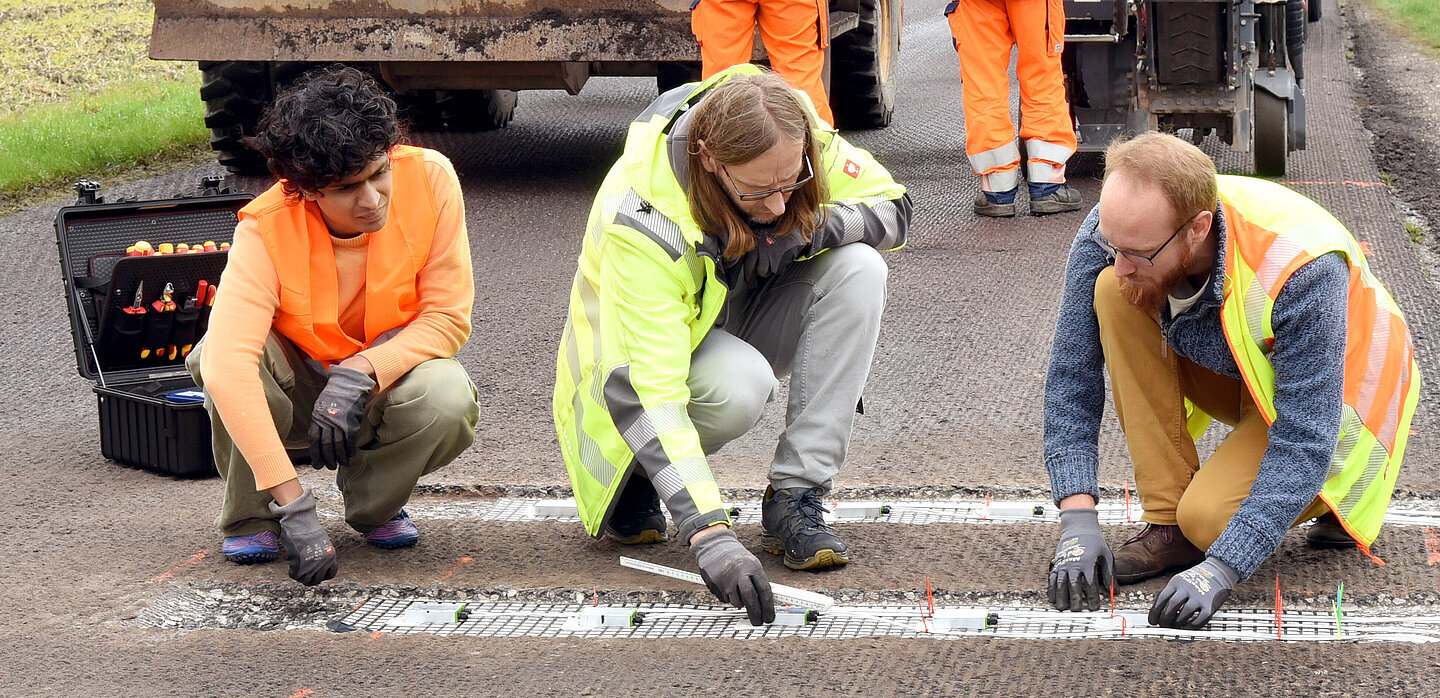

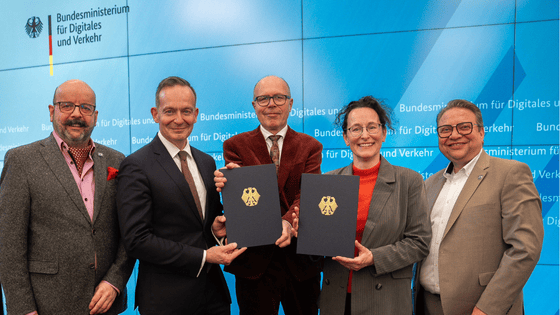
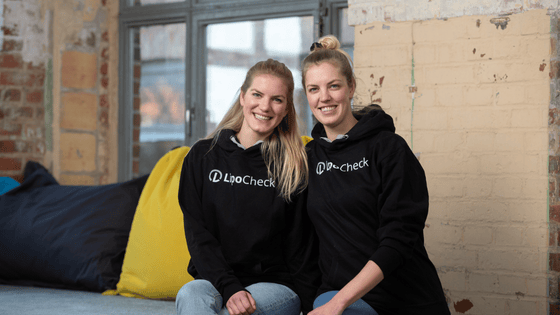
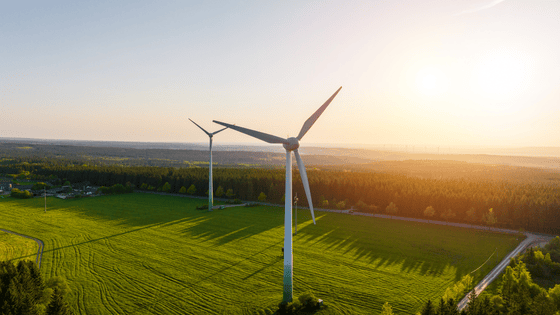
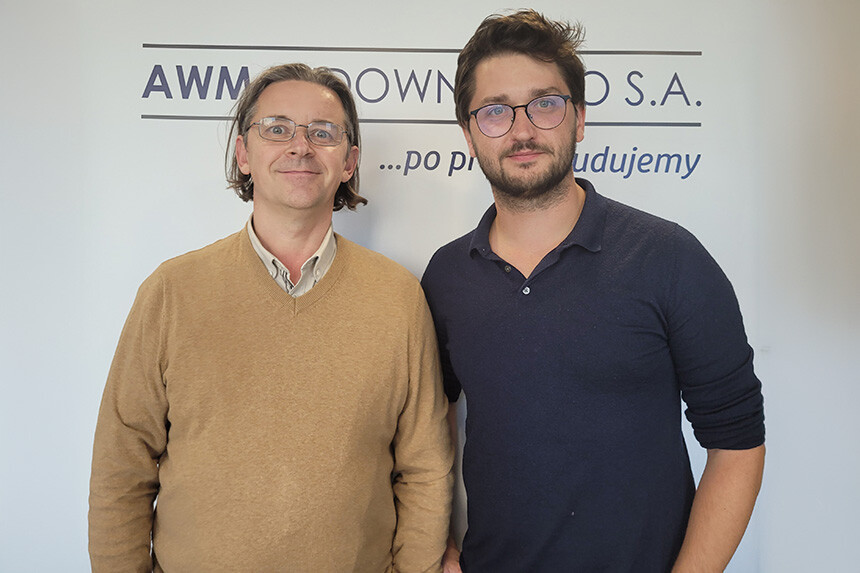
.jpg)
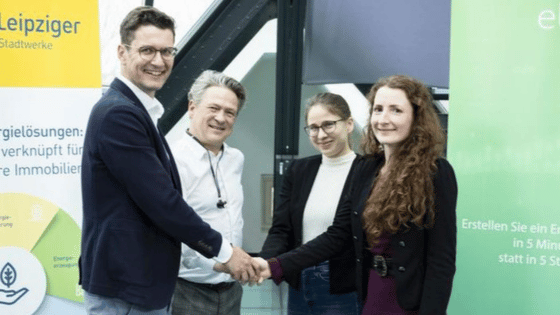
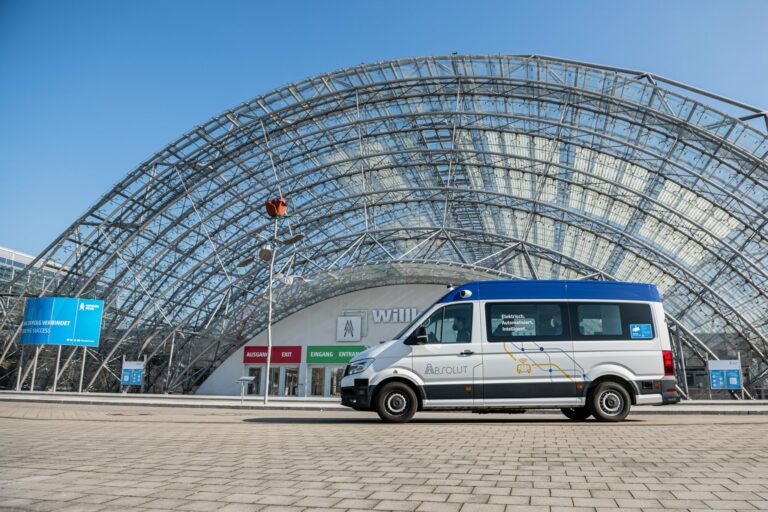






/White%20Versions/stadt_leipzig_white.png?width=130&name=stadt_leipzig_white.png)
/White%20Versions/sachsen_signet_white.png?width=90&name=sachsen_signet_white.png)